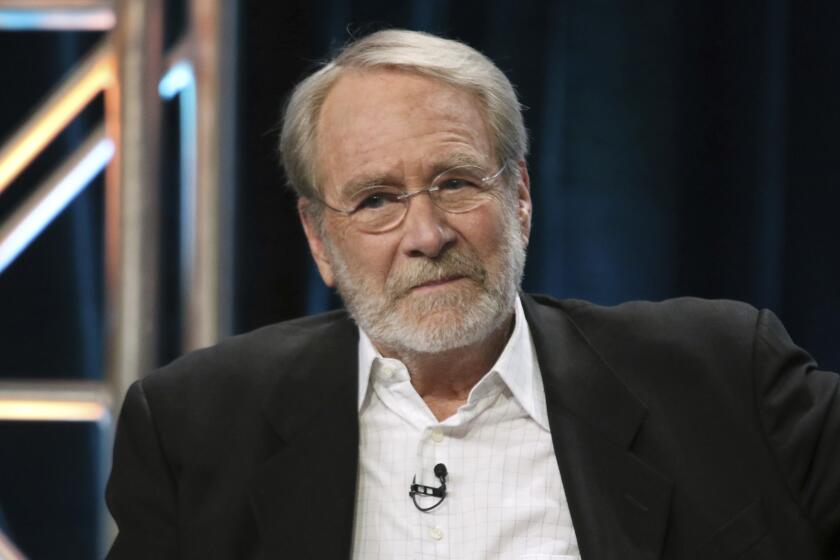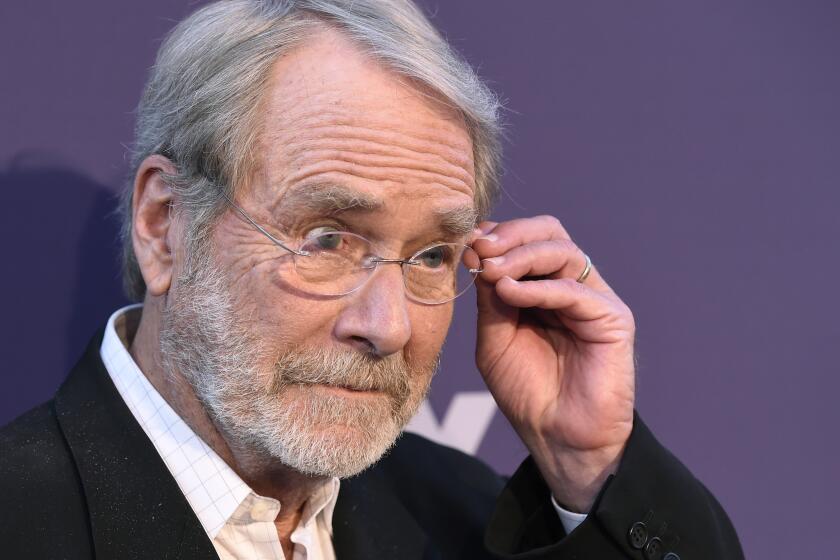Movie review: ‘Crazy Wisdom’
The Tibetan Buddhist master Chogyam Trungpa Rinpoche spent his life in the West confounding expectations and behaving in ways no one could anticipate or even understand. After 17 years of marriage, his wife found him “completely unfathomable” and his devoted students often felt the same. How, then, to make a film about a man who categorically resists summarization?
Director Johanna Demetrakas has decided to simply present the man in all his demanding complexities and let him and his encounters with associates speak for themselves. Her only rubric is the one visible in her title: “Crazy Wisdom.”
There turns out to be a tradition in Tibetan Buddhism of masters who behaved in outrageous and unconventional ways as a means to awaken those around them. As Trungpa Rinpoche himself taught, wisdom already exists in students. The teacher only points that out.
Though he is not well known outside of Buddhist circles, Trungpa Rinpoche (the last name is an honorific meaning “precious jewel”) managed an impressive list of both followers and accomplishments before dying at age 48 in 1987.
His students include contemporary masters like Pema Chodron and such celebrities as Allen Ginsberg, who relates how Trungpa challenged him, as he challenged everyone, by asking him why he didn’t like his own poetry, why he didn’t trust his own mind.
In 1974, in Boulder, Colo., a place that reminded him of Tibet, Trungpa founded the Naropa Institute, the first Buddhist university in the Western hemisphere. His other organization, Shambhala International, today has some 200 meditation centers in 30 countries, and Trungpa’s books, titles like “Cutting Through Spiritual Materialism,” have been translated into 31 languages and sell millions of copies.
None of this could have been predicted for Trungpa, who was recognized as a reincarnated master at 18 months and raised in the old-school ways that were crushed when the Chinese invaded Tibet in 1959. Like the Dalai Lama, Trungpa fled on horseback and foot to India via a grueling journey that lasted nearly a year.
After concluding that if Tibetan Buddhism was to survive it could only happen in the West, Trungpa left India for Great Britain, where he learned his precise English. After a car accident, he changed his life completely, abandoning his monastic personality as well as his robes and even marrying a 16-year-old.
Moving to the United States in 1970, Trungpa immersed himself in American culture and continued to search for methods that would work in the West. His excessive lifestyle, which he did nothing to hide and which included serious drinking and affairs with students, was always the subject of debate and despair.
While “Crazy Wisdom” largely interviews people in Trungpa’s camp, his followers reveal enough controversial material to give the documentary something close to an objective feel. Over and over we hear him encouraging people to do things, whether it be putting on coats and ties or participating in quasi-military exercises, that were calculated to be disorienting.
The people who knew Trungpa do not necessarily defend what he did, they simply say this was who he was, a teacher who chose unnerving methods to open minds. He may have seemed as much like the Man Who Fell to Earth as a Buddhist master, but the influence of the individual who, as one student said, “taught by being a human being,” is here for all to see.
More to Read
The biggest entertainment stories
Get our big stories about Hollywood, film, television, music, arts, culture and more right in your inbox as soon as they publish.
You may occasionally receive promotional content from the Los Angeles Times.






